{{phone.Value}}
successful admissions
of students enter the university of their choice
students consult Education Index when applying for universites
successful admissions
of students enter the university of their choice
students consult Education Index when applying for universites
The MSc in Software Engineering has a modular design providing you with maximum flexibility and choice. See Semester 1 and Semester 2 for information about each module.
To qualify for a master’s degree, you must pass modules amounting to 180 credits. This comprises six taught modules (20 credits each) plus your dissertation (60 credits).
The MSc in Software Engineering with placement enables you to work in industry for a year in the middle of your course to give valuable workplace experience. Placements are not guaranteed, but the departments dedicated placement team will help with the process of finding and applying for placements. To qualify for a master’s degree with placement, you must pass modules amounting to 180 credits plus the zero credit placement module. This comprises six taught modules (20 credits each) plus your dissertation (60 credits).
The Postgraduate Diploma in Software Engineering allows you to concentrate on the taught part of the degree and is ideal for people working in the computing industry who wish to brush up their skills. To qualify for a Postgraduate Diploma, you must pass modules amounting to 120 credits. This comprises six taught modules (20 credits each). In some cases, it may be possible for a student on a Postgraduate Diploma to do 3 taught modules (20 credits each) plus your dissertation (60 credits).
The Postgraduate Certificate in Software Engineering allows you to concentrate on the taught part of the degree and is ideal for people working in the computing industry who wish to learn a specific area in this rapidly changing discipline. To qualify for a Postgraduate Certificate, you must pass modules amounting to 60 credits. This comprises three taught modules (20 credits each).
We also offer a Postgraduate Certificate Software Engineering Research Project.
Part-time students normally distribute the work evenly over a two-year period.
Semester 1
You will be studying the following modules:
Semester 2
You will be studying the following modules:
As courses are reviewed regularly as part of our quality assurance framework, modules offered may differ from those listed.
Students undertaking an MSc with placement will do a 1 year placement in industry. The placement will be undertaken after the taught component and before doing the dissertation.
Students studying for an MSc will also take:
Teaching methods include lectures, which provide a theoretical basis, and practicals, which are used to strengthen your understanding by active involvement. On some occasions, lectures are held in the computer labs so that you can apply the knowledge learned immediately. Many of the modules are enriched by the teaching staff's research expertise. Visiting lecturers are also invited from research organisations and industry.
Assessments include coursework exercises, presentations, lab work, reports and examinations.
Assessment is based on a combination of examination, coursework and dissertation. Our assessment methods used have been developed across all computing MSc courses at Oxford Brookes to provide varied support, and to include opportunities for you to discuss your work directly with the lecturers.
Our labs are equipped with industry-standard equipment and software tools. This enables students to develop skills of immediate relevance to industry needs while also providing a sound practical basis that enhances their understanding of theoretical concepts.
Students on placement are responsible for living costs associated with their placement.
Part time study is an option on this programme for students who wish to combine their study with work. Where possible we try to ensure that part time students only need to attend for 1 day a week, although students will be expected to undertake additional independent study.

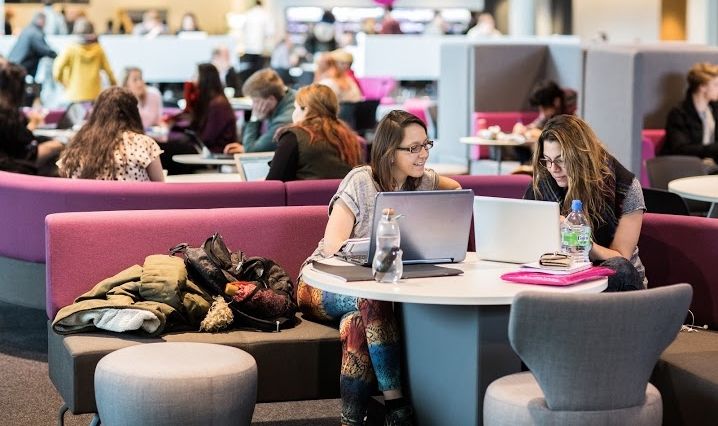
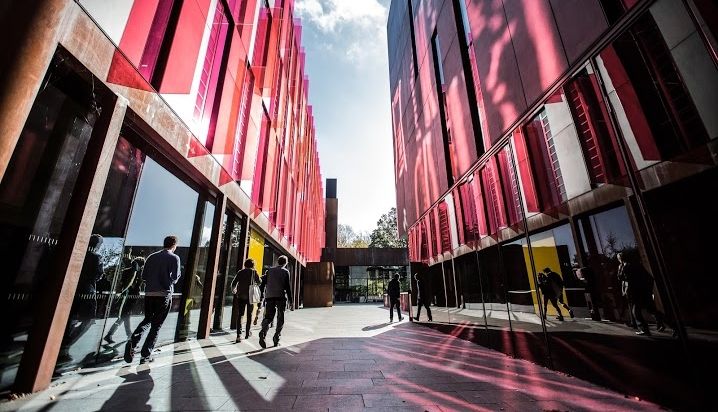

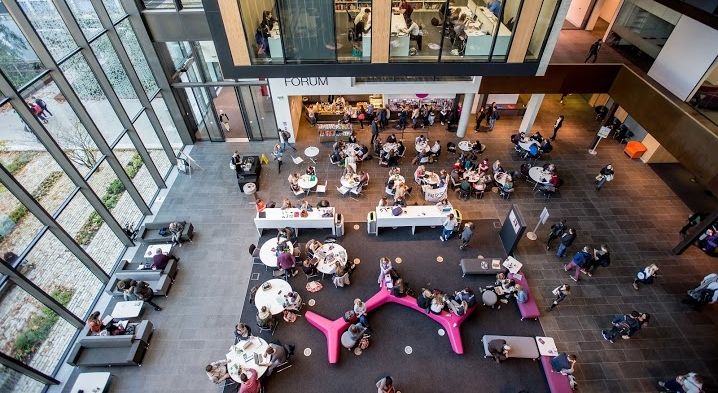
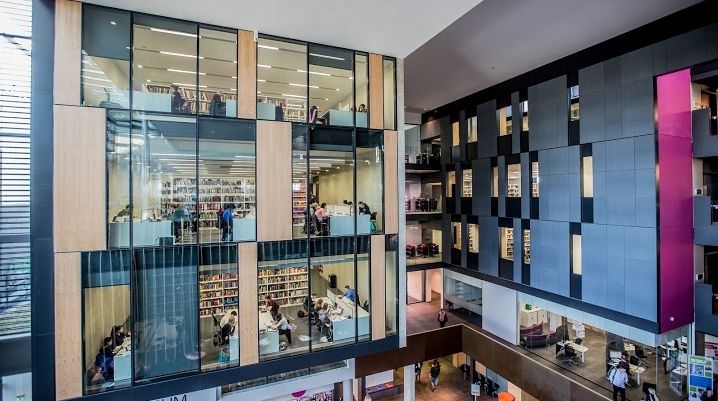

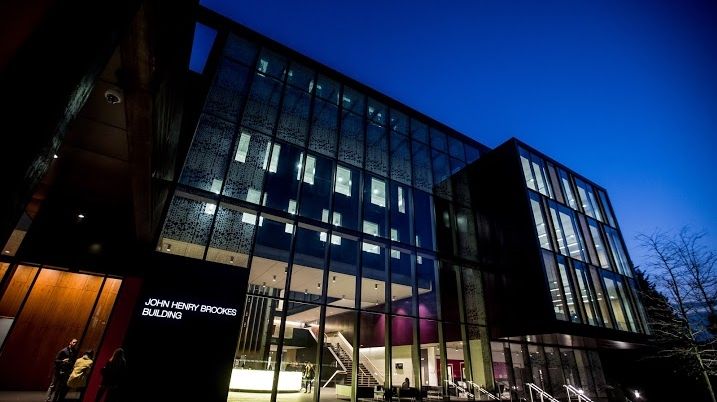



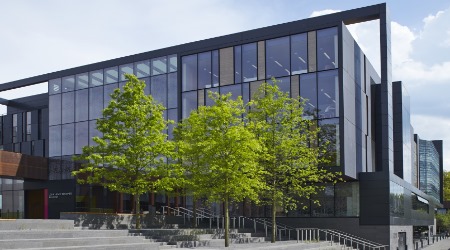



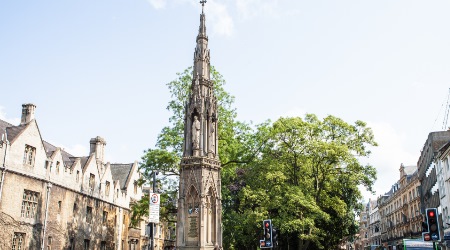
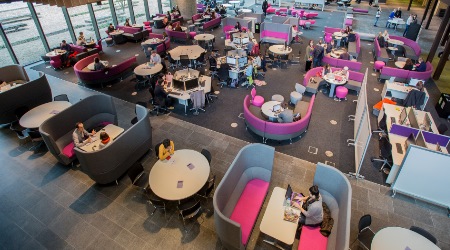
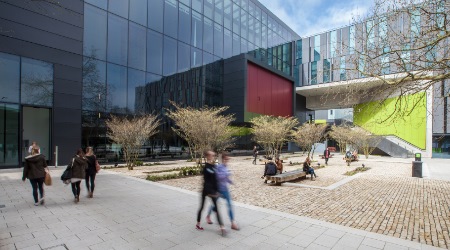
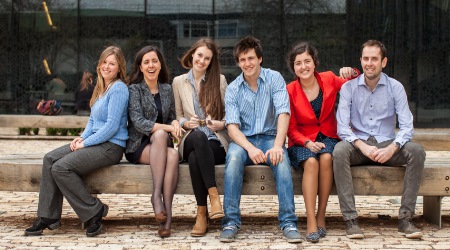

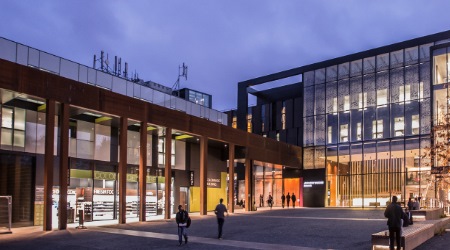

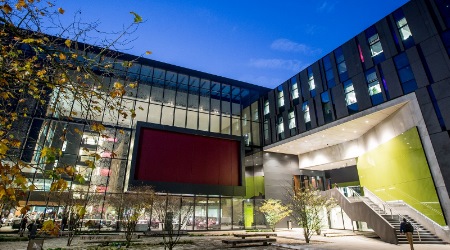








The campuses are filled with bars, cafes, and food outlets so there are plenty of places for you to meet up with friends, have fun and socialise.
We even organise regular cultural events, like theatre visits and traditional dance evenings, to help you experience life in the UK. Our events are a great way of meeting other students from across the University.
Getting you from A to B quickly and cheaply, the Brookes Bus service links all three campuses with the halls of residence, Oxford city centre and local supermarkets. Free Brookes bus passes are available to students.